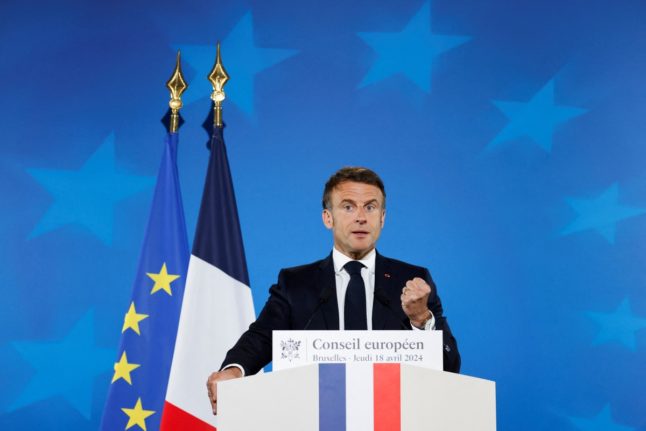“If my husband is candidate for the presidential elections, I will take part as much as possible,” Bruni-Sarkozy told Le Parisien.
Sarkozy has not yet officially confirmed that he will run in this year’s presidential elections, but in reality there is little doubt in France that he will. Bruni-Sarkozy coyly denied knowing whether her husband was running for the upcoming elections, adding she didn’t “know what the future holds”.
During a visit to a hospital in Garches, west of Paris, she listened to a concert organised by her foundation for handicapped children. She said she was ready to pitch in during the presidential campaign.
“I will stand by my husband whatever he decides. I don’t know what I’ll do, but if he needs me, I’ll be there,” she says.
At the beginning of her life as first lady in 2008, Bruni-Sarkozy came under fire for being aloof and not interested in politics.


 Please whitelist us to continue reading.
Please whitelist us to continue reading.